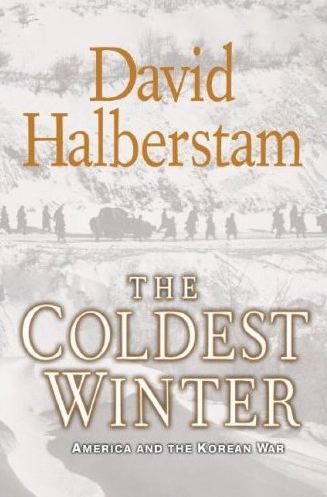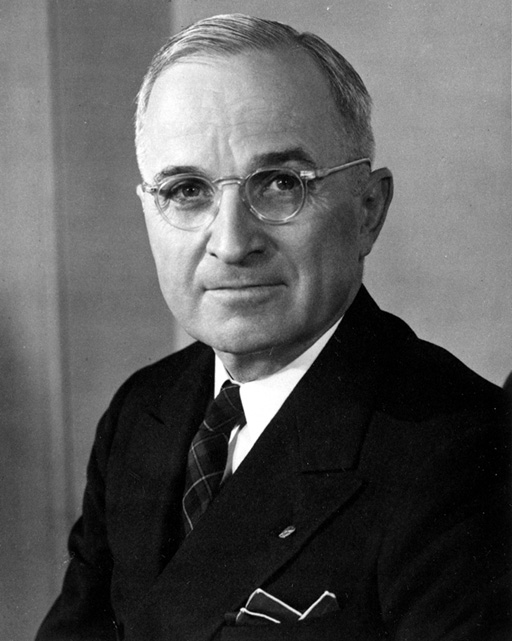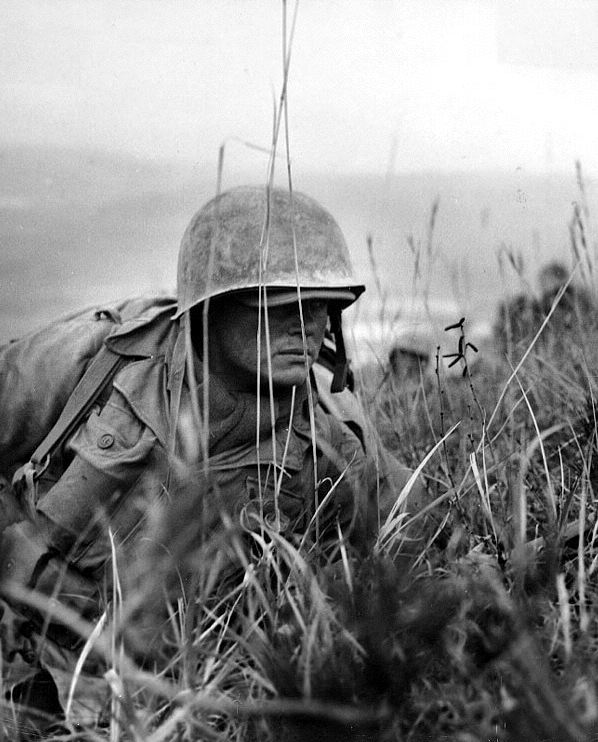
When he died in a car crash this Spring, David Halberstam had just finished his 21st book, The Coldest Winter,
an epic study of the Korean War. It's partly a work of military
history, with combat narratives based on interviews with veterans of
the conflict, but its greater value lies in the way Halberstam places
the war in the context of the post-war world, of American and global politics and strategy.
It fills in yet another piece of the puzzle of America's mood after
WWII — dark, anxious, bewildered, unsure of its new role as a world
superpower, veering between arrogance and lunatic paranoia.
There are many lessons for our own times to be learned from the book —
not least about the ways the Republican party managed to box the
Democrats into policies they mistrusted under the threat of being labeled
“soft on Communism”. Substitute “terrorism” for “Communism” and
you will see the same dynamic at work today.

The war in Korea all but wrecked Truman's presidency, but he was
confident that history would judge him more kindly than his
contemporaries, as indeed it has. Among the high-ranking soldiers
and politicians, Matthew Ridgway and Truman emerge in Halberstam's book
as the true heroes
of the war. Ridgway learned how to fight the Chinese because he
was willing to take them seriously, to respect them as soldiers,
something the racist high command under MacArthur could not do.
Truman was willing to buck popular sentiment and
risk political ruin to oppose MacArthur, whose madness served the purposes
of the right-wing Republicans in Washington but whose insubordination
threatened the very core of the American system of government, the principle of
civilian control of the military.

Among the boots on the ground, there were heroes by the thousands,
though they got no glory out of it, or even much recognition from the
folks at home. Korea was a war Americans wanted to forget, even
while it was happening — which is just the kind of war that needs to
be remembered and studied with care. We're in one like it
right now — part of the price a nation pays for forgetting the
grievous mistakes it has made in the past.
